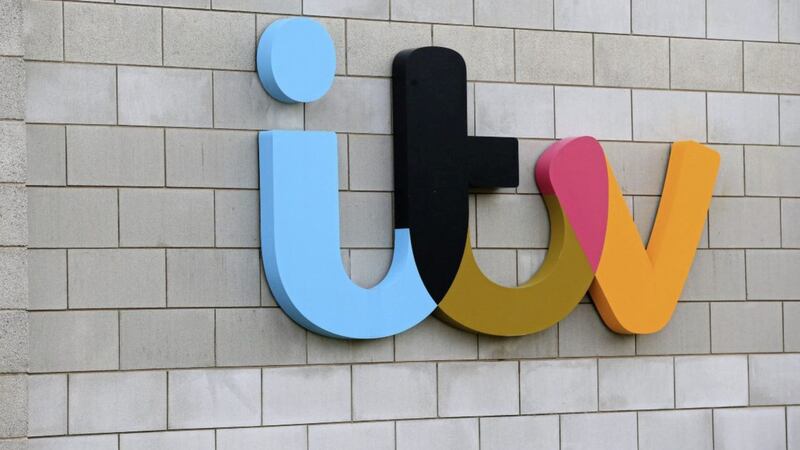ITV has launched a fresh cost-cutting drive that will see it save up to £40 million by 2021 as the broadcaster continues to battle weak ad revenue growth amid an "uncertain market environment".
Recently hired chief executive Carolyn McCall unveiled what she called a strategy "refresh" which it said will address sector competition and ensure that ITV remains "a structurally sound business".
It will involve a £60 million investment in the business over the next three years that will in part help ramp up its UK and global production, and create a "direct to consumer business".
The broadcaster also outlined a raft of cost cuts, with plans to target £35 million to £40 million in savings between 2019 and 2021, with £15 million of those cost cuts set to take place next year alone.
Ms McCall told journalists it was "too early" to say whether job losses would be necessary as part of the cost-cutting programme but that staff numbers were likely to grow on a net basis.
"We need to bring in more capabilities and therefore the net impact over three years is positive in terms of people, rather than negative, but it is a realignment around things we absolutely have to deliver to be a structurally sound and successful business in the next three to five years."
Ms McCall, who took on the top job in January after seven years as chief executive of easyJet, said the broadcaster was well placed to take advantage of growing appetite for quality content through its new strategic plan.
"ITV will be more than TV - it will be a structurally sound, integrated producer-broadcaster where we aim to maintain total viewing and increase total advertising revenue.
"It will be a growing and profitable content business, which drives returns; and it will create value by developing and nurturing strong direct consumer relationships, where people want to spend money on a range of content and experiences with a really trusted brand.
"We will deliver this strategy by building greater capability in data, analytics and technology as well as developing the great creative and commercial talent ITV already has.
"Executing the strategy will enable us to continue to deliver sustainable returns to our shareholders."
ITV is now aiming to deliver double-digit online ad growth per year, a 5 per cent rise in revenue on average from its ITV Studios division over the three years to 2021, and growth in its new direct to consumer business to at least £100 million.
The news comes as the broadcaster reported an 8 per cent rise in total revenue for the six months to June 30 to £1.8 billion.
It was hit by a mere 2 per cent rise in total ad revenues to £890 million, with online ad sales jumping 48 per cent.
ITV said it "delivered a strong operational performance in an uncertain market environment".
The chief executive also hailed a 9 per cent rise in viewing share for ITV Family, with "outstanding contributions from Love Island and the World Cup".
Adjusted underlying earnings slumped 7 per cent to £375 million, with growth in its ITV Studios division offset by a drop in earnings from broadcast and online which was impacted by higher scheduling costs due to the World Cup.
Bottom-line pre-tax profits for the period grew 2 per cent to £265 million.
The company is now forecasting flat ad revenue for the third quarter, against a "backdrop of continued economic uncertainty" that has seen certain advertisers reining in spending.
Ad revenue from companies that operate in retail, finance, airlines, travel and holidays have declined in recent months, though entertainment and leisure grew around the World Cup.
Telecoms and computing firms increased their spending around product launches, while digital brands were spending heavily on TV to build brand awareness, ITV said.







